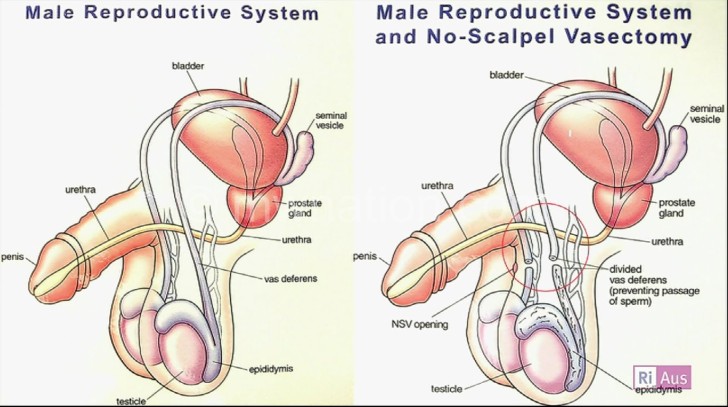Why do men shun vasectomy?
For many males, the subject of vasectomy ignites electrified reactions and campaigns in its support cause consternation among them.
The most common and acceptable forms of family planning methods include condoms, tubal ligation, birth pills, implants and vasectomy. Vasectomy, however, is seldom mentioned.
For the male population, the severing of vas deferens so that sperm can no longer get into the semen, is unthinkable, a taboo almost and is viewed as an attempt to demean their manhood.
Tales that once vasectomy has been performed, sperms cause discomfort, pain and the likelihood of infection hardly add layer of assurance for men who treat it with suspicion and open disdain.
Sexual and reproductive healthcare services provider, Banja La Mtsogolo (BLM), last month conducted a campaign aimed at compelling men to take up vasectomy as a family planning method.
Nephtary Chabwera, quality assurance officer at BLM, says most men shun vasectomy due to misconceptions that the operation renders them impotent.
“The truth of the matter is that vasectomy only prevents sperms from travelling out of the testicles into the semen, thus preventing conception.
“Contrary to common opinion, the operation doesn’t involve removing testicles and a man continues to produce semen. It’s sad that most men still feel this is some kind of castration despite numerous messages,” says Chabwera.
He goes further to assure that vasectomy is a very significant method on the family planning platform as it involves men who are often the decision-makers in most families and it offers them an opportunity to be partners in reproductive health service sector.
On the contrary, Chabwera observes, the uptake of family planning methods among women is considerably higher, which he attributes to the fact that they access information about family planning throughout antenatal and postnatal periods whereas men don’t have such access.
“We carried out only 17 vasectomy operations during the campaign period. But currently we are encouraging men to escort their wives to antenatal clinics so that they also have access to reproductive health information.
“In the long run we hope this would change the trend and men would begin to take an active part in reproductive health services. In our vasectomy campaign, women were not directly involved because we only conducted mass demand creation campaigns,” he states.
Village Headman Bvubwe of Lilongwe, however, insists that vasectomy is a taboo and that the condom is enough measure of family planning for men.
“It’s women who bear children not men, hence it should be the females who should do these things. I believe the condom is enough for men than these other strange methods. We sometimes wonder the motive behind these campaigns. A man shouldn’t be rendered useless in the eyes of the society simply because of this modern castration. Can this method be reversed in the event that a man wants more children?” wonders Bvubwe.
The chief, however, feels vasectomy could yet find use among some types of men: rapists.
But for Marko Zalimba, 36, who underwent vasectomy two years ago, the problem is that most men feel they can only be real men if they impregnate a woman.
“This is shallow thinking. Vasectomy offers men a chance to share responsibilities for family planning and it is much more cost effective to government. The good thing is that it leaves the man intact and his organs continue to produce male hormones,” he says.
He adds that after the operation, men are asked to occasionally submit samples of their semen to clinicians until examinations show that the semen no longer contains sperms.
This, according to Zalimba, is largely due to several studies that have shown that the tubes still contain sperms for some period after the operation and it may take as many as 16 ejaculations to clear. n





